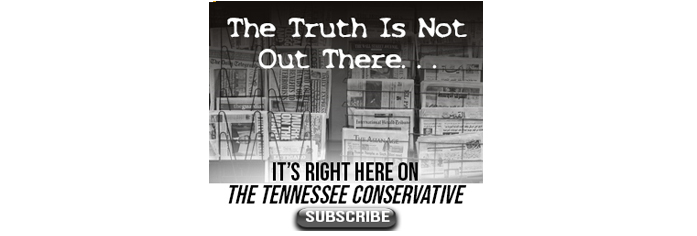Photo: Downtown buildings stand in the distance while steam rises off the frozen Missouri River as the temperature hovers at -9 degrees Fahrenheit Tuesday, Feb. 16, 2021, in Kansas City, Mo.
Photo Credit: Charlie Riedel / AP
Published February 17, 2021
By John Haughey [via The Center Square]
Storms and sustained plunges into temperatures below zero has forced Missouri lawmakers to suspend their 2021 legislative session for the week and disrupted COVID-19 vaccine distribution plans across the state.
But that’s not the most pressing bad news in Missouri Tuesday evening.
The most pressing bad news is natural gas supplies are being stretched thin as the deep freeze disrupts supply – Southwest Missouri natural gas wells are freezing, for instance – at the same time demand is increasing.
As a result, the Missouri Public Utility Alliance (MPUA) warns, natural gas prices have risen more than 200 times across the state in just one week, and utilities are frantically calling on residents to conserve their use of fuel, warning rolling blackouts in western Missouri the last three days could sweep statewide.
Spire Energy, which serves 1.1 million natural gas customers in Missouri, in a series of statements Sunday through Tuesday, said the freeze-spurred spike in demand is coming as supplies literally freeze.
“It’s just straining the entire system,” Spire Missouri President Scott Carter said, noting St. Louis-area supplies should hold up but with natural gas wells in Texas and Oklahoma freezing up, a void has surfaced in the supply chain that is faltering like a domino.
“That affects prices everywhere. The cost is going to go up. It’s spiked higher than it has in several years.” Carter said, noting interstate reserves have already “been pulled down significantly.”
The deep freeze and snow storms – some relief is expected by week’s end – have hampered electricity generation in western Missouri where Evergy, the city of Springfield and other grid managers have resorted to rolling blackouts as demand for power surges.
Those blackouts also knock out power to gas wells, Carter said, further exacerbating supply issues although, he assured, the St. Louis area is not expected to have service outages.
“Our teams are working hard to make sure our customers are safe and warm during these weather conditions,” he said. “We are carefully monitoring the situation and while our systems remain strong, we want to work together as a community by taking some temporary steps to make sure they stay that way.”
Ameren Missouri told its 132,000 natural gas customers in the St. Louis area was notified by the Midcontinent Independent System Operator (MISO) to conserve power usage until further notice.
“Conserving energy will not only help others across the region, it will also help customers save money,” Ameren Senior Vice President Mark Birk said. “We appreciate our customers’ support and understanding during these extremely cold temperatures.”
Many of the state’s municipal utilities are scrambling to lock-in natural gas rates before they skyrocket further. The city Perryville announced in a Tuesday Facebook post that it has avoided a 60-70 percent rate hike by securing an agreement to keep costs low through the Interstate Municipal Gas Agency, a nonprofit joint action agency that provides natural gas services throughout the Midwest.
MPUA Vice President of External Affairs Ewell Lawson said conserving energy now will pay dividends in lowering the “market price” for the association’s 11 member municipalities in negotiating new rates.
“We don’t want to get to that point where we have to tap into those market prices,” he told the St. Louis Post-Dispatch. “That’s not to say that we won’t have to.”
Lawson said the state’s reliance on natural gas-fired power plants is something that needs to be readdressed.
“What’s driving most of this is the need for natural gas,” said Lawson. “One part of that need is for electric generation. The other part of that need is home heating.”





